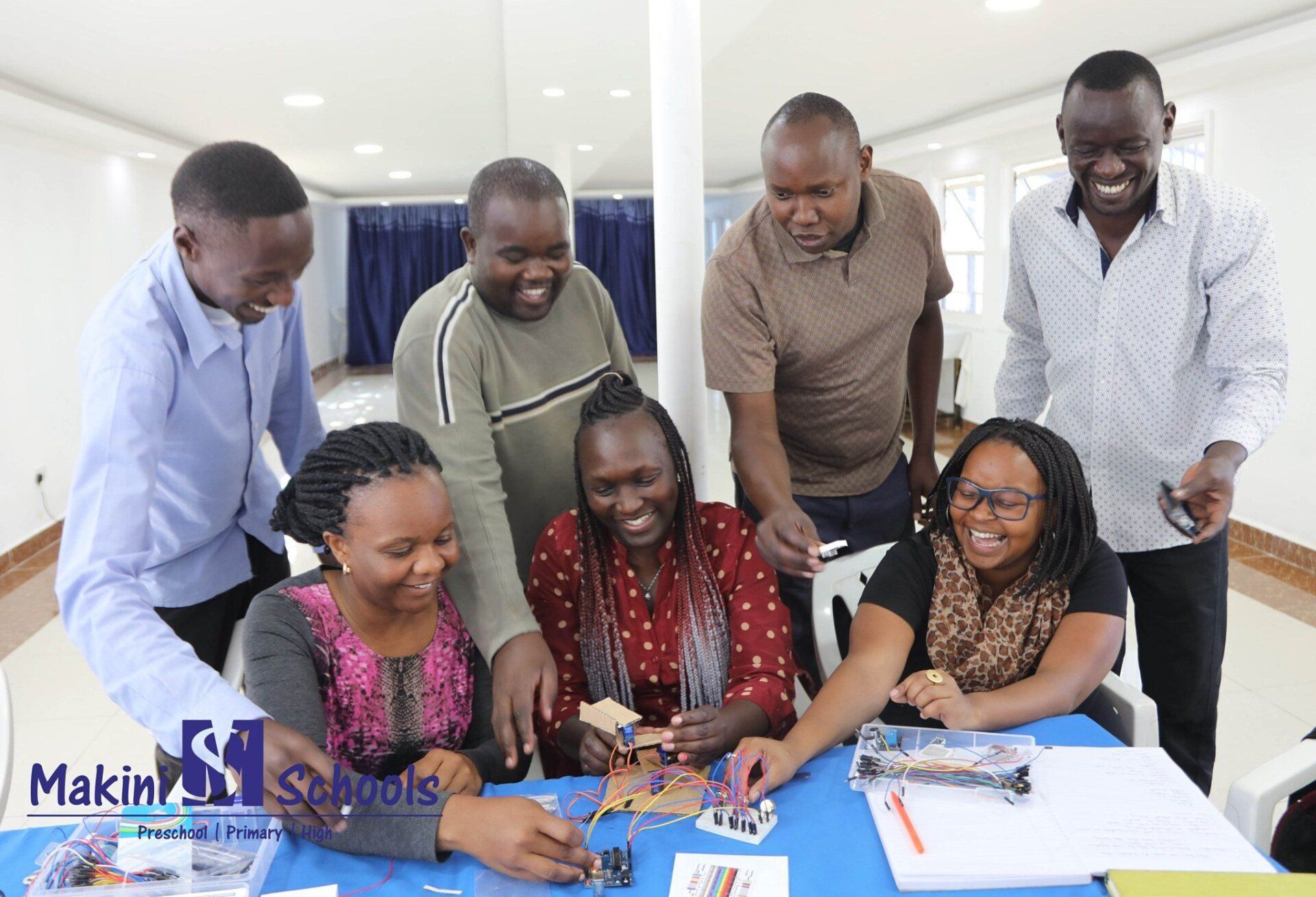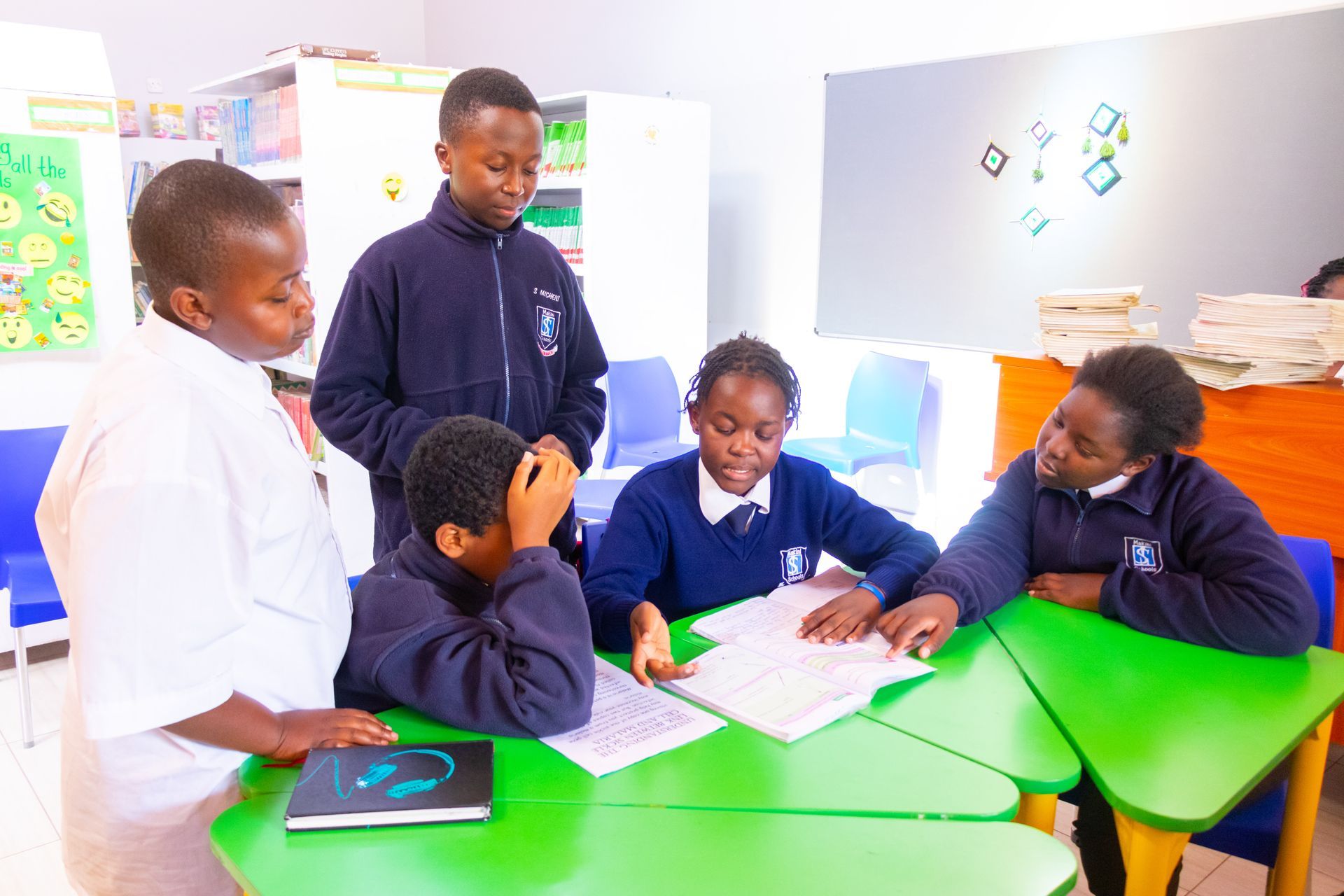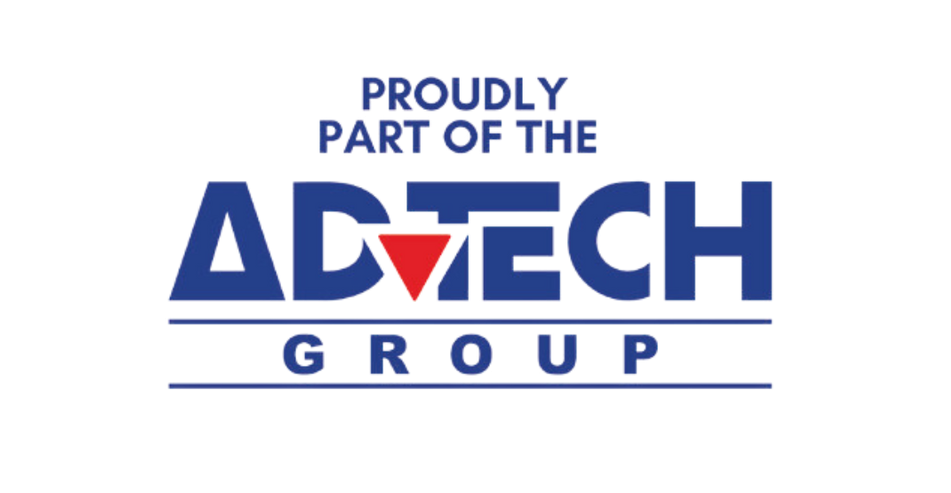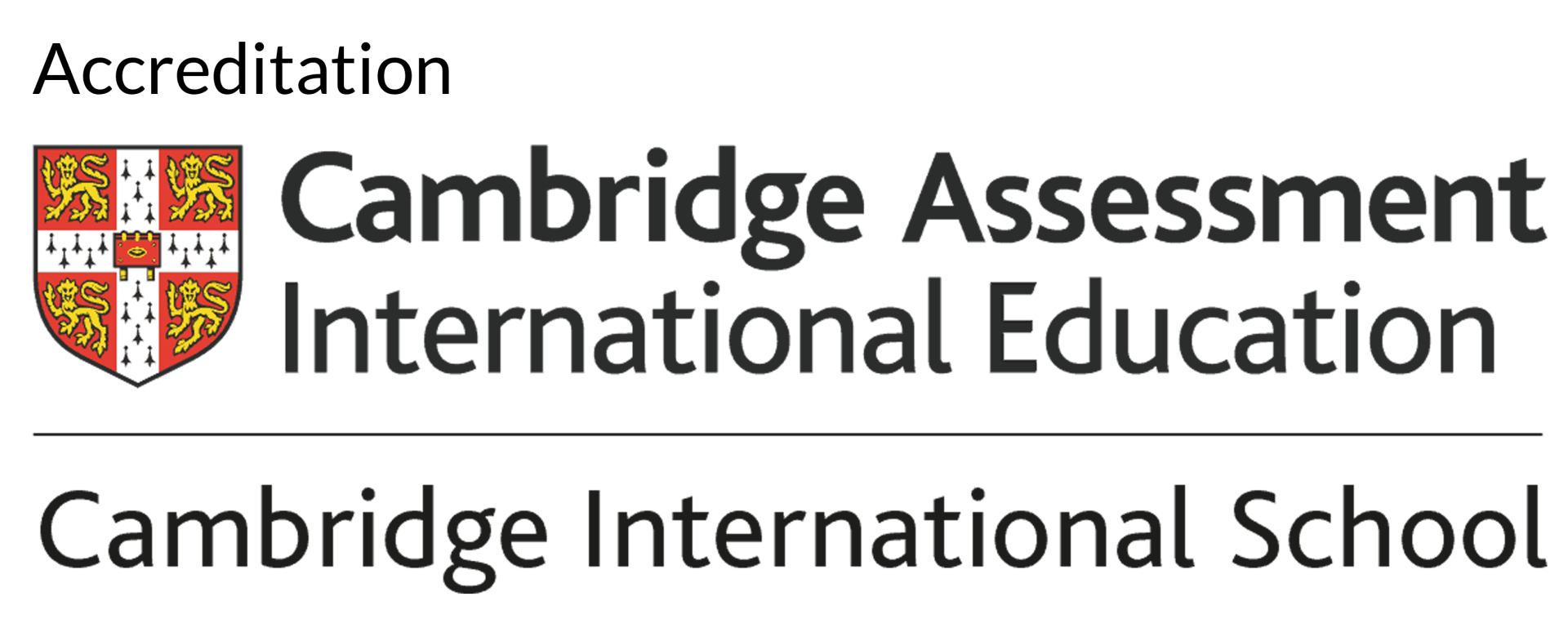Benefits of Music for Children?
When children are exposed to music and musical play, from the earliest of ages, the impact is quite profound.
Expert studies have shown that music can enhance brain function in children, while musical activities stimulate the brain. It creates a brain workout that leads to an improved brain structure with the formation of new neural connections. Music training also causes cognitive enhancement and improved academic performance, including language-based reasoning, short-term memory, planning and character building.
At Makini School, the music programme is structured in such a way to teach the children understanding of musical elements from melody to rhythm, from beat to pitch as well as creating and performing songs. This programme enriches students’ lives and enhance the academic programme.
“Music is an inevitable part of life. There is a great deal that music can do to enhance the development in a child, such as teaching important values. In addition, through music, a child learns how to express themselves, it builds discipline and patience, for example through learning how to play a music instrument as well as stimulates motor, sensory and cognitive functions”, says music artist and alumna of Makini School, Kendi Nkonge.
“Music ignites all areas of development. Music education is important and when integrated with many different subject areas, children get to develop not only their artistic and music skills, but it also helps children to explore, making discoveries about themselves and the world around them”, adds Isindu Davy, music teacher at Makini School.
As children grow in their appreciation of the beauty of music and dance, they acquire a gift that will bring them immense pleasure. “Music brings another dimension of beauty into their lives. Making music with others gives children a wonderful feeling of belonging to the group. Children who might have difficulty joining activities with others because they are shy, have limited language ability can freely participate when it comes to a music activity”, says Isindu.
As teachers, we want to appropriately challenge each student to succeed, encourage higher-order thinking while meeting the curriculum standards. “Music is one tool to engage each student and provide a pathway for connections and deeper understanding to occur”, says Isindu.
Kendi says that Makini Schools nurtured the talents of their students and went out of their way to hone the skills of everyone. “I loved that as much as academic and books were important, Makini also made time for us to harness our gifts and talents. By being open to music Olympiads, festivals and competitions as well as incorporating music into lots of the school programs. It was a golden chance to start exploring my passion early in my schooling career and therefore giving me a head start into pursuing music later in my life.”
Every child deserves the opportunity to learn music and the creative arts. Most present-day artists, architects, and musician acquired their interest during school. Only by continuing to allow students to explore these ways of learning will this portion of the country’s economy grow.
“I would urge parents to support children who would love to pursue music. Walk the path with them from the word go. Seek to understand their passion and guide them just as you would a child who wants to be a doctor or an engineer”, says Kendi.
Music is an important part of the education of a well-rounded student. As one of the arts, it balances the study of sciences and humanities to give students a creative outlet and exposes them to another sphere of learning.
Don’t miss out and find out about Makini Schools integrated music programme today!













